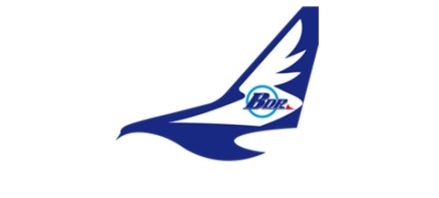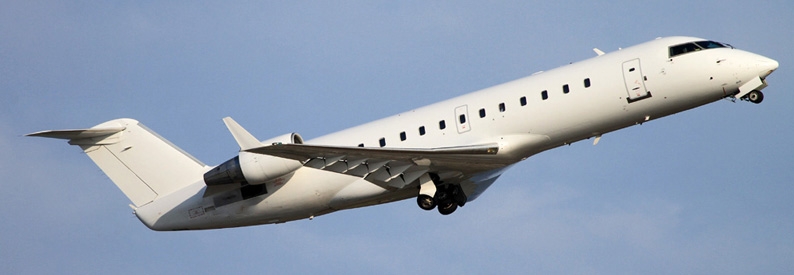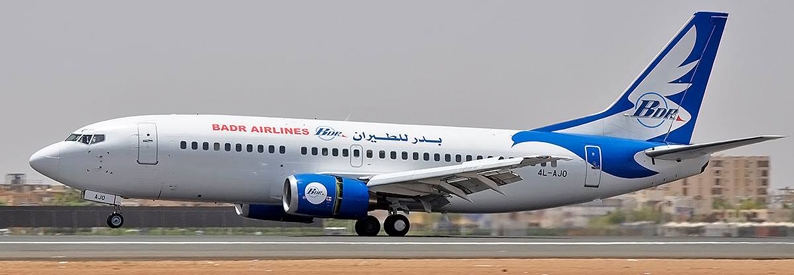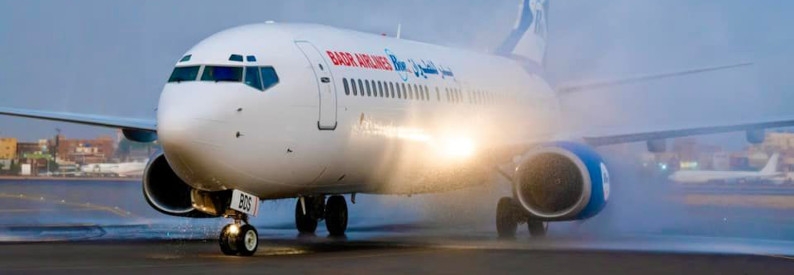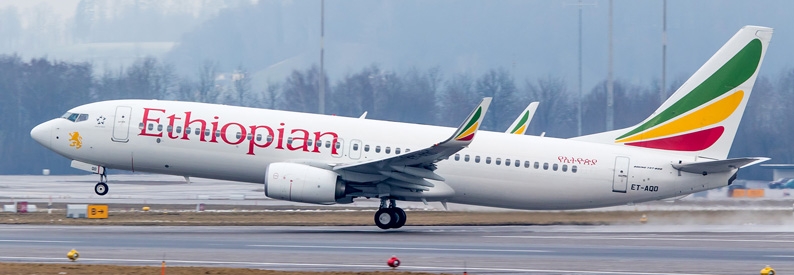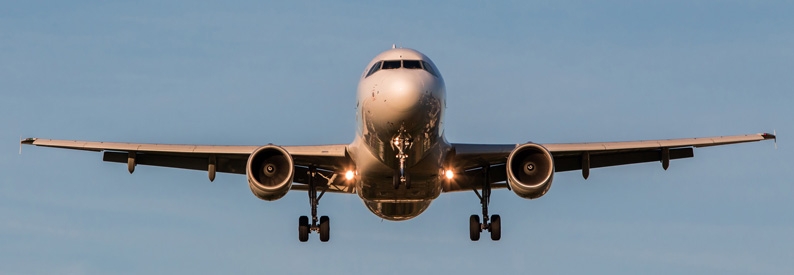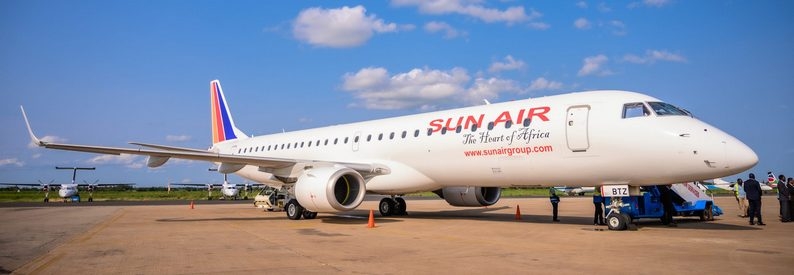After a decade of closure, Sudan and South Sudan will re-open their shared land borders from October 1 following an agreement reached during a recent official visit to the South Sudanese capital of Juba by Sudan Prime Minister Abdalla Hamdok.
In a joint statement following a three-day visit dubbed by commentators as “historic”, Hamdok and South Sudan’s President Salva Kiir Mayardit said the meeting was marked by “a positive atmosphere underpinned by strong political will” that enabled the two sides to reach agreement on several issues, including the re-opening of four border crossings: Jebeleen-Renk; Meiram; Buram-Tumsah; and Kharsana-Panakuac. The official launch will take place in Jebeleen on October 1, 2021.
Although the countries did not mention air transport, they agreed on the resumption of cargo and passenger movement by land, river, and rail.
Sudanese airlines Badr Airlines (J4, Khartoum) and Tarco Air (Khartoum) are currently the only scheduled carriers to fly between the two countries, according to the ch-aviation Commercial Aviation Operator Schedule Data module, although Sun Air (Sudan) (SO, Khartoum) announced on social media it had restarted flights on the route as well.
Badr connects Khartoum 4x weekly with Juba and Wau, and twice-weekly with Malakal. Tarco links Juba with both Khartoum and Entebbe (Uganda). Sun Air said it had resumed 3x weekly flights between Khartoum and Juba.
In South Sudan, South Sudan Supreme Airlines (Juba) was grounded after the fatal crash of a Let 410 turboprop on March 2, 2021.
Meanwhile, amongst other things, the two countries have agreed to:
- continue discussing agreements on trade and economic free zone and transit arrangements;
- deepen diplomatic cooperation;
- remove all barriers hindering bank transactions and the opening of banks;
- establish a joint strategy and strengthen coordination and cooperation in the oil and gas sectors during meetings of the Joint Political Security Mechanism (JPSM) in Juba on September 4 and 5; and
- strengthen security and intelligence cooperation.
The visit followed continuous consultation on the peace process in both countries, bilateral relations, and regional issues. They affirmed that they could achieve peace together and through regional cooperation.
The two parties confirmed the importance of the role of Sudan in the peace process in South Sudan through the implementation of the Revitalised Agreement on the Resolution of Conflict in South Sudan (R-ARCSS) and as chair of the African trade bloc Intergovernmental Authority on Development (IGAD). They also underlined South Sudan’s role as the guarantor of the Juba Peace Agreement in Sudan. They reaffirmed their commitment to smoothly implement the respective peace agreements and bring non-signatory parties to the peace process.
Borders between the countries were closed in 2011 when relations deteriorated after South Sudan seceded following a long civil war, taking with it three-quarters of the country's oil resources. In January 2016, Sudan’s former president, Omar Hassan al-Bashir, ordered the opening of his country's border with South Sudan, but this did not last.
